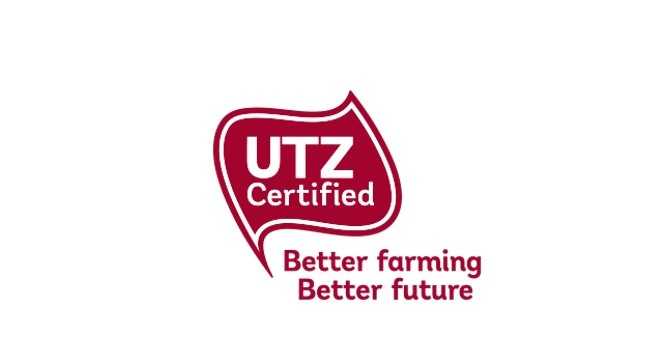Latin America produces around 70% of the world’s coffee. Coffee processing, and in particular the practice of wet method extraction common in this area, is energy intensive and demands a significant amount of water.
The waste water generated from coffee processing is rich in organic matter, but is often discharged untreated into local water sources, many of which are used for drinking water.
Aside from water pollution, untreated coffee waste water also generates methane emissions that are a major contributor to environmental contamination.
Energy From Coffee Waste Water Project
In 2010 UTZ launched the Energy From Coffee Waste Water project in sites across Guatemala, Honduras and Nicaragua to offer a solution to these ongoing issues, by focusing on the effective treatment of coffee waste water through newly installed water treatment systems.
Simple but effective, the new methods means methane generated by waste water is captured and turned into a clean and safe biogas for farmers to run pulping machines, as well as to heat kitchen stoves and other appliances.
This lowers both the carbon and water footprint of coffee production, and provides a huge range of environmental, social and economic benefits to farmers and their communities, as well as for the entire coffee sector.
Results
The project achieved a wide range of results, from preventing local deforestation of native trees, to better indoor environments for families who replaced firewood with domestic gas stoves for cooking.
Additional outcomes include:
- Treatment of essentially all water used in coffee processing.
- Over 50% less water used during coffee processing.
- Generation of significant amount of biogas used to power households and coffee mills.
- Prevention of the release of greenhouse-gas emissions into the atmosphere.
The positive environmental and economic impact of the project on over 5,000 people in Guatemala, Honduras and Nicaragua has inspired us to replicate the initiative in other countries across Africa and Asia.
UTZ has implemented this project with funding from Agentschap NL and Hivos. Project partners were Climate Neutral Group and Aceres.










